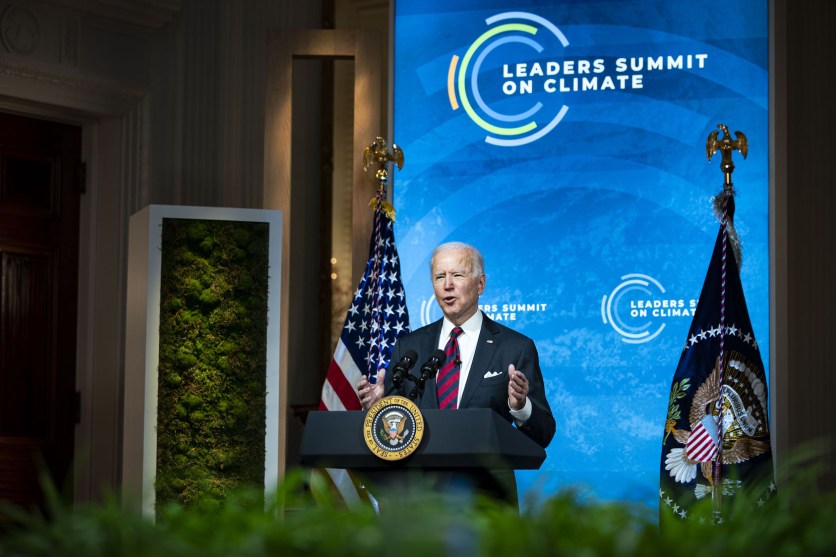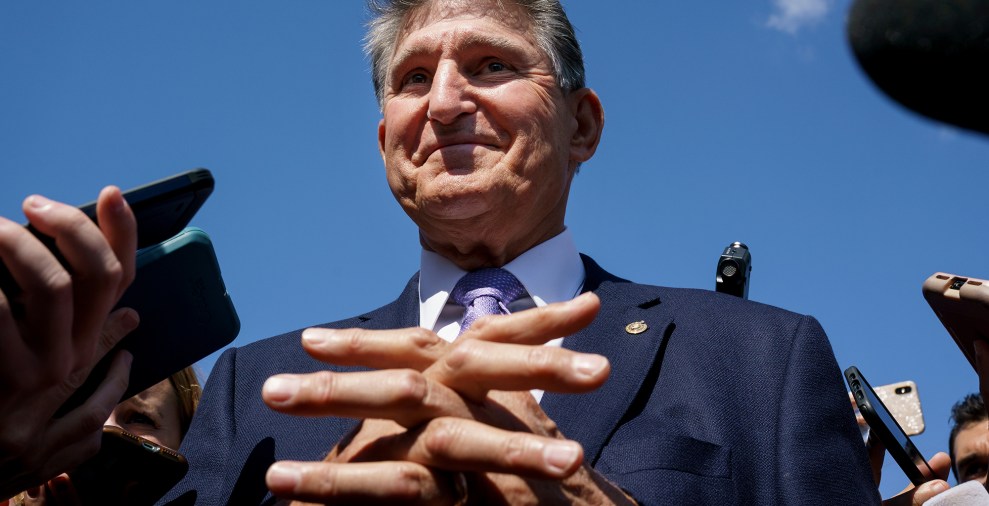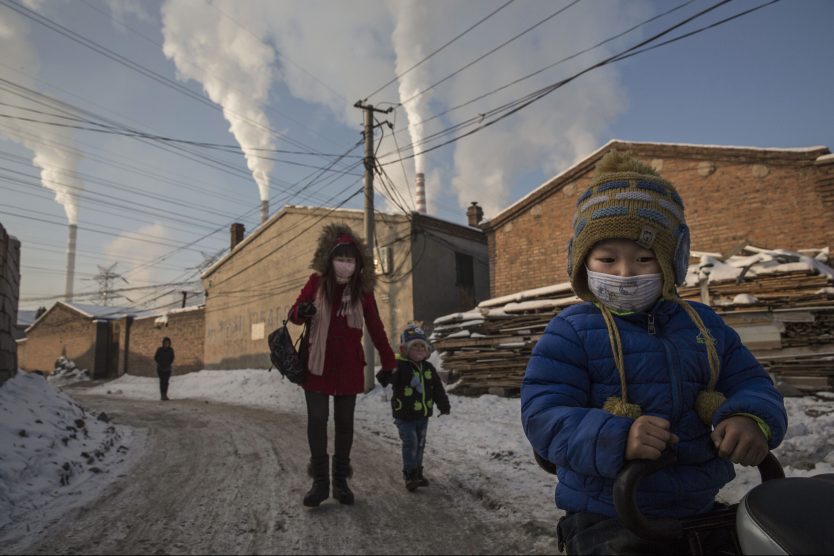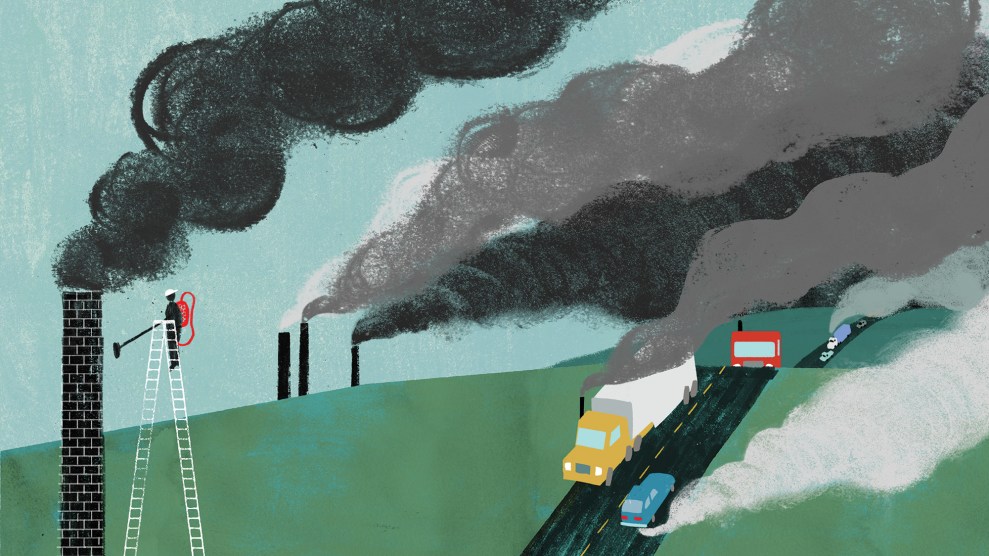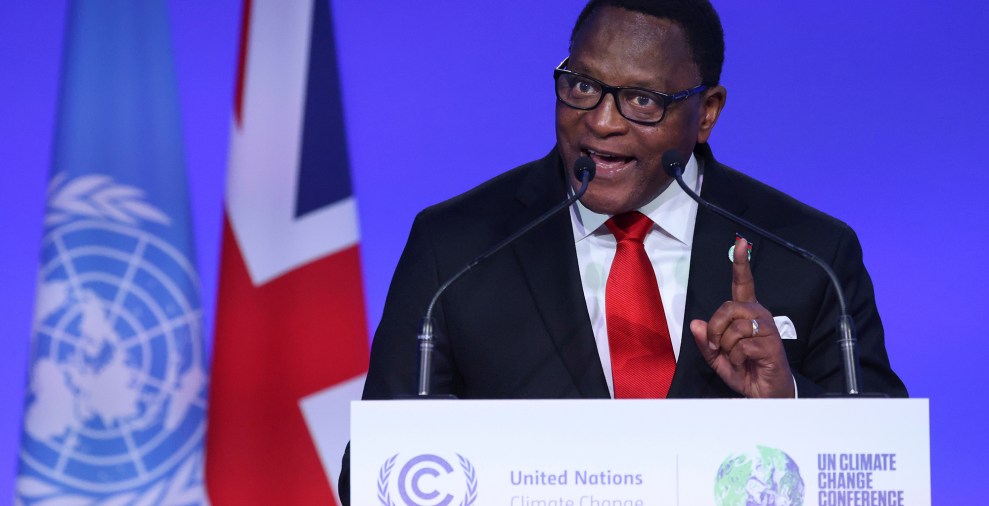
The climate funds rich nations donate to poor ones are a "cleaning fee," said Lazarus Chakwera, president of Malawi.Yves Herman/AP
This story was originally published by the Guardian and is reproduced here as part of the Climate Desk collaboration.
Alarm, anger and a few significant promises featured during speeches made by dozens of world leaders as crucial UN climate talks came to life in a cold and wet Glasgow on Monday.
The tone was set by Boris Johnson, who opened the COP26 talks with a stark warning that “the anger and impatience of the world will be uncontainable” if the talks fail to get the world on track to avoid disastrous global heating of more than 1.5 C.
António Guterres, the UN secretary general, noted governments’ lack of progress in cutting planet-heating emissions.
There were some significant announcements, too, such as Narendra Modi, prime minister of India, promising that his country would get to net zero emissions by 2070 and Johnson unveiling new climate aid for vulnerable developing countries.
But overall, the tenor was of impatience and occasional frustration.
Mia Mottley, prime minister of Barbados:
“I ask to you: what must we say to our people, living on the frontline in the Caribbean, in Africa, in Latin America, in the Pacific, when both ambition and, regrettably, some of the needed faces at Glasgow, are not present? What excuse should we give for the failure?”
“When will leaders lead? Our people are watching, and our people are taking note. And are we really going to leave Scotland without the resolve and the ambition that is sorely needed to save lives and to save out planet?”
“Are we so blinded and hardened that we can no longer appreciate the cries of humanity?”
Wavel Ramkalawan, president of Seychelles:
“Fellow leaders, from Seychelles, our message is simple: we have to act immediately. Let the change be a real one, let the paradigm shift happen. May those who exploit without thinking of tomorrow stop. May we realize that in this battle to save our planet, we are in the same boat—big, small, rich or poor. The time to act is yesterday.”
Lazarus Chakwera, president of Malawi:
“The money pledged to the least developed nations by developed nations is not a donation, but a cleaning fee. Neither Africa in general, nor Malawi in particular, will take no for an answer. Not any more.”
Boris Johnson, UK prime minister:
“The worse it gets, the higher the price when we are eventually forced by catastrophe to act, because humanity has long since run down the clock on climate change. It’s one minute to midnight on that Doomsday Clock and we need to act now.”
Joe Biden, US president:
“There’s no more time to hang back or sit on the fence or argue amongst ourselves. This is a challenge of our collective lifetimes. The existential threat, threat to human existence as we know it, and every day we delay, the cost of inaction increases. So let this be the moment that we answer history’s call here in Glasgow.”
Narendra Modi, Indian prime minister:
“By 2070, India will achieve the target of net zero emissions … Today, the entire world acknowledges that India is the only big economy in the world that has delivered in both letter and spirit on its Paris commitments.”
António Guterres, UN secretary-general:
“Recent climate action announcements might give the impression that we are on track to turn things around. This is an illusion.”
Our addiction to fossil fuels is pushing humanity to the brink. We face a stark choice: either we stop it, or it stops us. It’s time to say, ‘Enough … Enough of treating nature like a toilet. Enough of burning and drilling and mining our way deeper. We are digging our own graves.’”
David Attenborough, naturalist and TV presenter:
“If, working apart, we are a force powerful enough to destabilize our planet, surely, working together, we are powerful enough to save it. In my lifetime, I have witnessed a terrible decline. In yours, you could and should witness a wonderful recovery. That desperate hope, ladies and gentlemen, delegates, excellencies, is why the world is looking to you—and why you are here.”
Emmanuel Macron, French president:
“It is often those who can’t access the models of development that caused this climate change that are living through its first consequences. Small islands, vulnerable territories, indigenous people are the first victims of the consequences of climate disturbances.”
Ursula von der Leyen, president of the European Commission:
“I know that all of us here at COP26 want to be on the right side of history. And this is why I call on all of us to do whatever it takes, now, to limit global warming to 1.5 C. And we can do it. Because climate change is man-made, science tells us. So we can do something about it. It’s our opportunity to write history. Even more, it’s our duty to act now.”
George Weah, president of Liberia:
“Although we bear the brunt of the impact of climate change, we benefit the least from existing solutions and financial arrangements currently in place for tackling climate change. In order to address this imbalance, there needs to be a fundamental shift in the way we tackle mismatched climate investment.”
